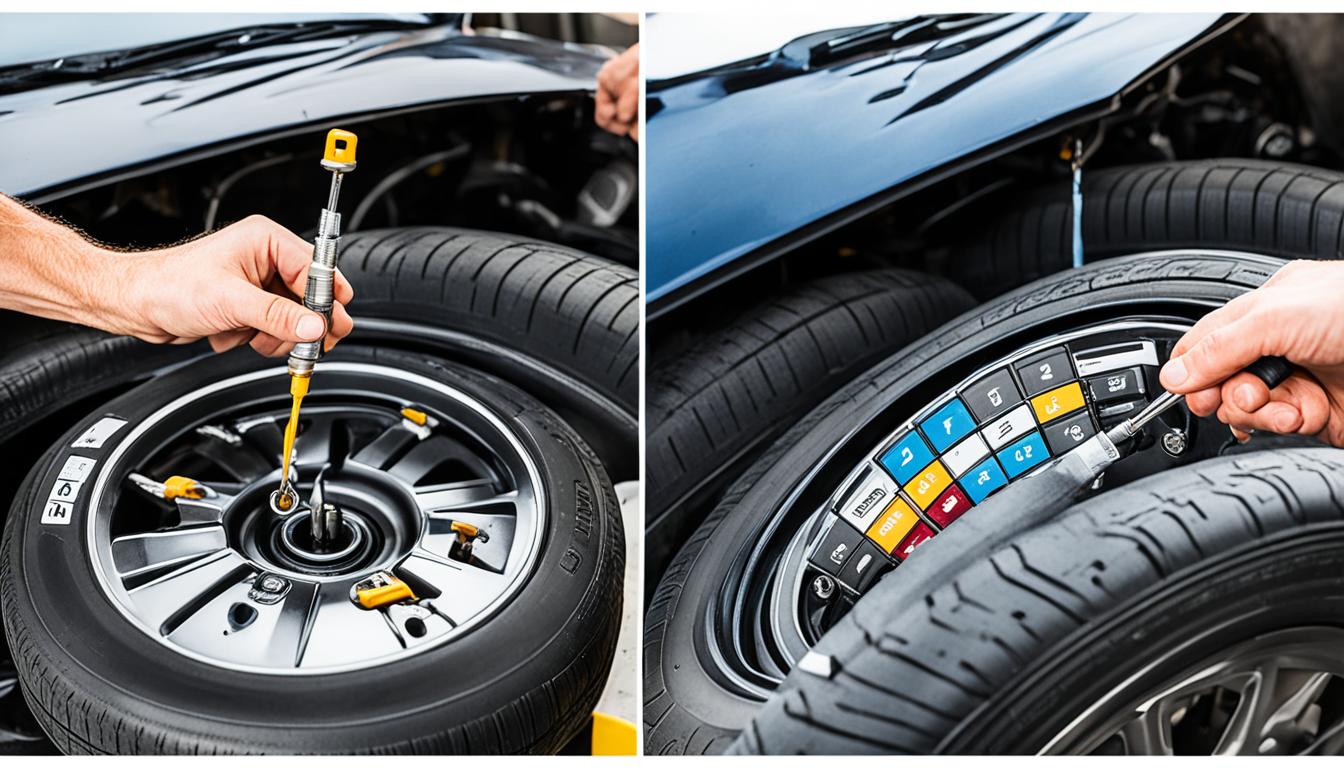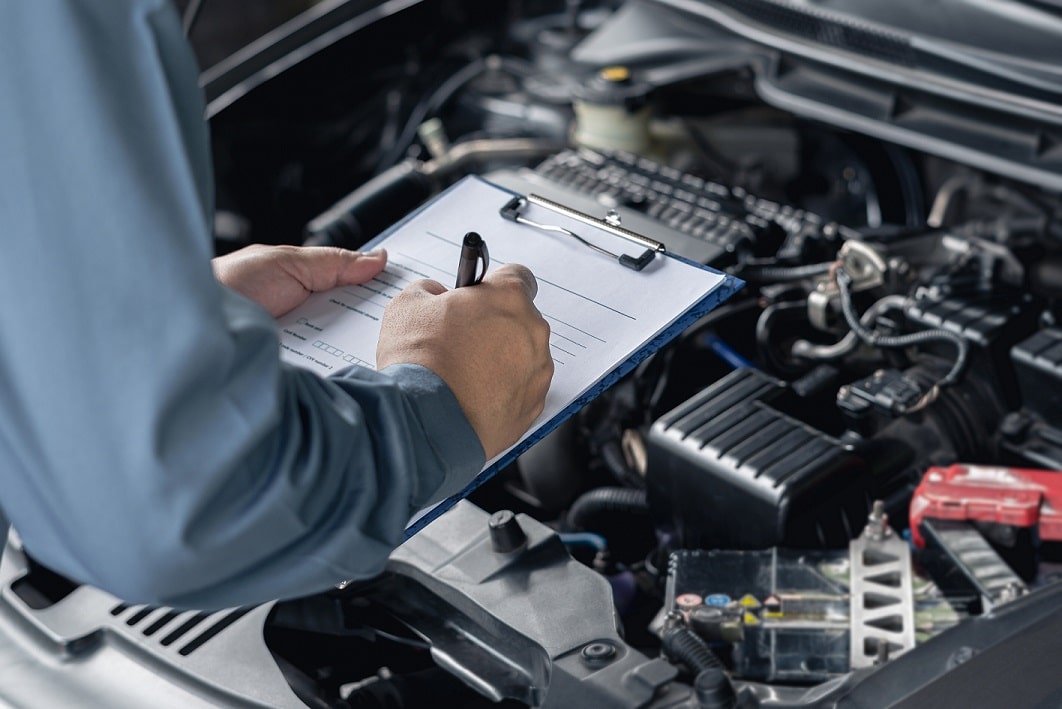Featured
Brakes are one of the most essential security components of any car, ensuring you can slow down or quit swiftly when required. With time, brake components can put on down, causing reduced efficiency and possibly dangerous driving problems. Understanding the signs that your car needs brake fixing is important for maintaining both safety and security and the longevity of your auto. In this blog site, we'll talk about the usual signs that indicate your brakes require focus and exactly how to resolve the concern quickly.
![]()
Just How to Address It: If you observe screeching or squeaking, have your brake pads evaluated and replaced if required. Addressing this concern promptly will protect against additional damage to other brake parts, such as the rotors.
Exactly How to Address It: If you hear grinding sounds, quit making use of the vehicle and have the brakes checked quickly. It's important to replace the brake pads as quickly as feasible and check the rotors for damages.
Just How to Resolve It: If your brake pedal shakes, have the rotors inspected for warping. In some situations, they can be resurfaced, however if the damage is serious, you may need to change the blades.
Exactly How to Address It: If you experience a soft or mushy brake pedal, examine the brake liquid degrees. It might require to be topped off if the liquid is low. If the issue continues, you ought to have the brake system examined for leaks or air in the brake lines.
![]()
Just How to Address It: Drawing to one side calls for immediate interest from a mechanic. The concern might be brought on by a number of variables, including a stuck caliper or irregular brake pad wear, every one of which need to be diagnosed and fixed by a professional.
Exactly How to Address It: If the brake warning light shows up, describe your automobile's handbook to comprehend the details problem. It's always a good idea to take your cars and truck to an auto mechanic to have the brake system examined and any type of essential repair work made.
![]()
How to Address It: Any decrease in stopping performance should be resolved quickly. Have your brakes evaluated to identify the cause, whether it's due to used pads, liquid issues, or various other problems within the stopping system.
Final thought. Regular brake maintenance and evaluations can assist you avoid costly fixings and expand the life-span of your stopping parts. Do not wait for your brakes to fall short-- if you discover any of these indications, timetable a brake examination with a relied on mechanic right away.
- Squeaking or Screeching Sounds. One of the most common indicators that your brakes need interest is uncommon noises when stopping. A shrill squeaking or screeching audio often means that the brake pads are used down and need to be replaced.

Just How to Address It: If you observe screeching or squeaking, have your brake pads evaluated and replaced if required. Addressing this concern promptly will protect against additional damage to other brake parts, such as the rotors.
- Grinding Sounds. It is an extra major worry if you hear a grinding sound when applying the brakes. When the brake pads have put on down entirely and the metal component of the pad is grinding against the blades, this audio commonly occurs. Grinding can damage the rotor, which is costly to fix or replace.
Exactly How to Address It: If you hear grinding sounds, quit making use of the vehicle and have the brakes checked quickly. It's important to replace the brake pads as quickly as feasible and check the rotors for damages.
- Shaking Brake Pedal. If the brake pedal shakes or pulses when you use pressure, it might be an indication that the brake blades are distorted. Deformed blades can create irregular stress to be applied to the brake pads, resulting in a unstable or rough stopping experience. This issue can worsen with time, making it tougher to quit your vehicle effectively.
Just How to Resolve It: If your brake pedal shakes, have the rotors inspected for warping. In some situations, they can be resurfaced, however if the damage is serious, you may need to change the blades.
- Soft or Spongy Brake Pedal. It should feel receptive and solid when you press the brake pedal. If the pedal really feels soft, spongy, or sinks to the floor, it's an indicator that there might be a problem with the brake fluid or the brake system itself. This can be triggered by low brake fluid levels, air in the brake lines, or a brake fluid leakage.
Exactly How to Address It: If you experience a soft or mushy brake pedal, examine the brake liquid degrees. It might require to be topped off if the liquid is low. If the issue continues, you ought to have the brake system examined for leaks or air in the brake lines.
- Drawing away. If your vehicle draws away when you apply the brakes, it might suggest that one of the brake calipers is not functioning correctly, or there can be a problem with the brake pads, blades, or suspension. Irregular stopping can make stopping more possibly harmful and tough.

Just How to Address It: Drawing to one side calls for immediate interest from a mechanic. The concern might be brought on by a number of variables, including a stuck caliper or irregular brake pad wear, every one of which need to be diagnosed and fixed by a professional.
- Dashboard Caution Lights. Many vehicles are equipped with a dashboard caution light that will certainly light up when there's a problem with the braking system. This light may suggest reduced brake liquid, an issue with the anti-lock stopping system (ABDOMINAL MUSCLE), or other braking-related issues that call for attention.
Exactly How to Address It: If the brake warning light shows up, describe your automobile's handbook to comprehend the details problem. It's always a good idea to take your cars and truck to an auto mechanic to have the brake system examined and any type of essential repair work made.

- Decreased Braking Performance. If you see that your car takes longer to quit or if the brakes really feel less receptive than normal, it's an indicator that your brake system is not executing at its finest. This can be because of worn-out brake pads, damaged rotors, or concerns with the brake fluid.
How to Address It: Any decrease in stopping performance should be resolved quickly. Have your brakes evaluated to identify the cause, whether it's due to used pads, liquid issues, or various other problems within the stopping system.
Final thought. Regular brake maintenance and evaluations can assist you avoid costly fixings and expand the life-span of your stopping parts. Do not wait for your brakes to fall short-- if you discover any of these indications, timetable a brake examination with a relied on mechanic right away.
Latest Posts
Full Circle Strategic Marketing - Complete Marketing Solutions Provider for Local Businesses
Published Apr 20, 25
2 min read
Call Montclare Auto Repair Right Away - Top-Quality Service at Your Service
Published Apr 19, 25
2 min read
Contact Us: Call Us Today for Trusted Auto Care & Maintenance in Montclare
Published Apr 19, 25
2 min read
More
Latest Posts
Full Circle Strategic Marketing - Complete Marketing Solutions Provider for Local Businesses
Published Apr 20, 25
2 min read
Call Montclare Auto Repair Right Away - Top-Quality Service at Your Service
Published Apr 19, 25
2 min read
Contact Us: Call Us Today for Trusted Auto Care & Maintenance in Montclare
Published Apr 19, 25
2 min read